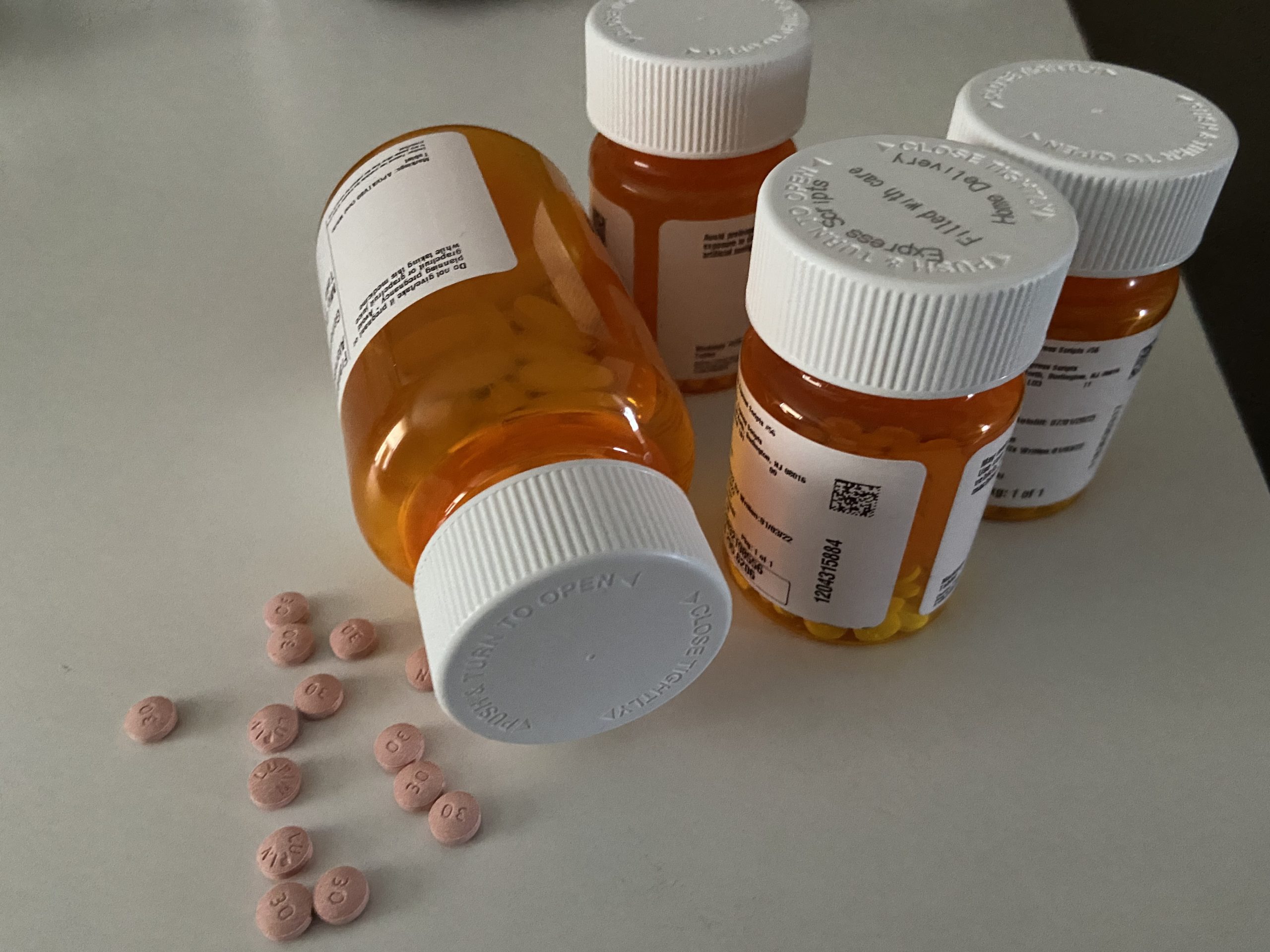Photo: The danger of alcohol and marijuana is not merely the chemical threats. Instead, teens’ brains are still developing.
By Lisa Gibalerio, MPH Public Health Educator, Wayside Youth and Family Support Network and Belmont Wellness Coalition
Parents often ask: “Is there anything I can do to prevent or reduce my teen’s use of substances (alcohol/marijuana)?” Then, some parents rather hopelessly add: “It’s inevitable, isn’t it? We all drank back in high school. Kids today are no different …”
Parents, please know you can make a meaningful difference.
Below, I outline six evidence-based strategies to help guide your teen in making good choices.
But first, let’s review how Belmont teens are doing with respect to substances.
What’s happening with Belmont teens and substance misuse?
The Youth Risk Behavior Survey (YRBS), last administered in Belmont in Spring 2021, revealed that about 25 percent of our high school teens reported drinking, vaping, and/or using marijuana in the 30 days before they took the survey. The older the teen, the more likely they were to be experimenting.
Though the data is self-reported, it’s worth noting that the clear majority of kids (75 percent) report not experimenting with substances regularly.
Why do teens use substances anyway?
Students in focus groups have reported blowing off steam and because “it’s fun.”
What are they stressed about?
Belmont teens are primarily stressed from academic pressure, from feeling marginalized (e.g., kids of color and kids who identify as LGBTQ), and as a result of intense schedules.
Some teens may gain access to alcohol or weed via older siblings, older friends, fake IDs obtained online, or right at home. Students reported their parents didn’t know that they were drinking/or getting high – neither how frequently nor how much.
Is substance misuse risky?
The danger of alcohol and marijuana is not merely the chemical threats (liver and lung damage, etc.) Instead, teens’ brains are still developing. The part of the brain that exercises good judgment is a decade away from being fully developed. So when teens drink, for example, they tend to drink too much. This puts them at greater risk for alcohol poisoning, car crashes, injuries, and/or unprotected/unwanted sex.
What can parents do?
1. Talk with your kids about the impacts of substance misuse.
2. Set your expectations clearly and concisely.
3. Wait up at curfew time!
4. Offer your kids strategies on how to decline substances, e.g., “I’m driving,” or “My parents would kill me,” or delay answering, “No thanks, not right now.”
5. Reach out to their friends’ parents. For example, if there is a gathering at a house, text the parents and ask if they will be at home monitoring the event.
6. Do not relax your family rules during the holidays; it can be challenging to return to previous expectations.
These steps may not completely prevent experimentation with substances. But the data is clear: families who engage in ongoing conversations about the risks of substance misuse are often successful in delaying use and/or creating more moderate users.
If you have questions, reach out to me at Lisa_Gibalerio@Waysideyouth.org.
Wishing you all a safe and happy holidays!








Leave a Review or Comment